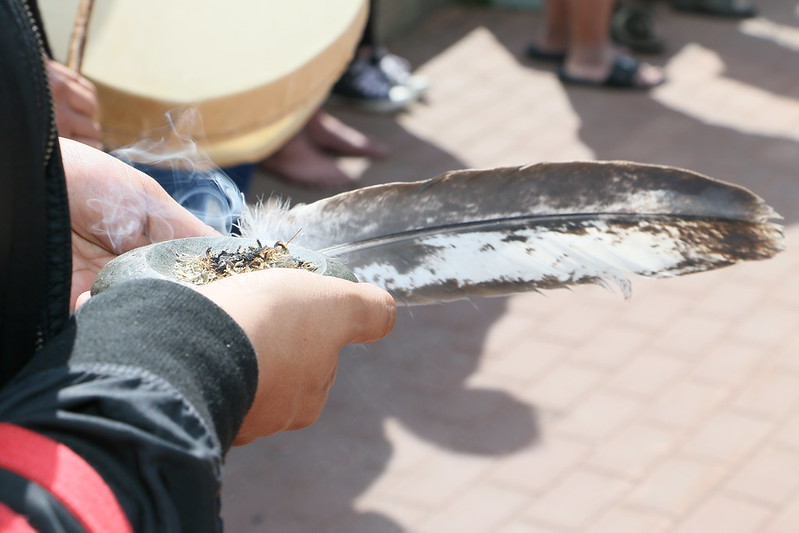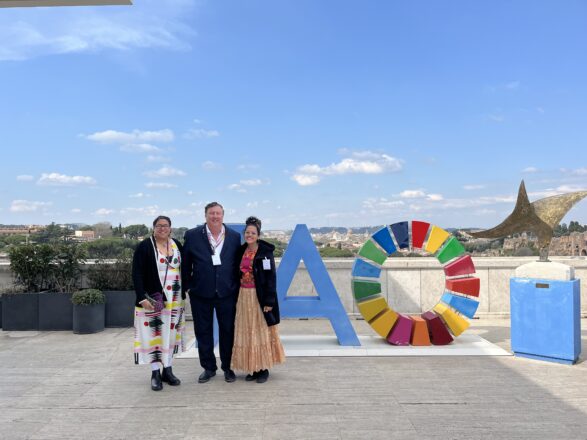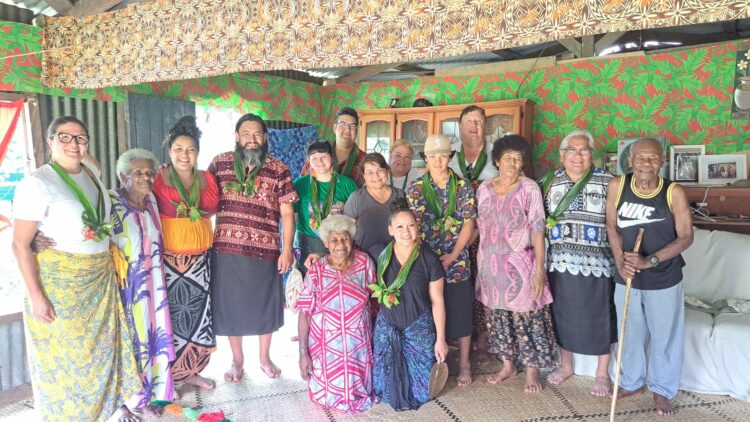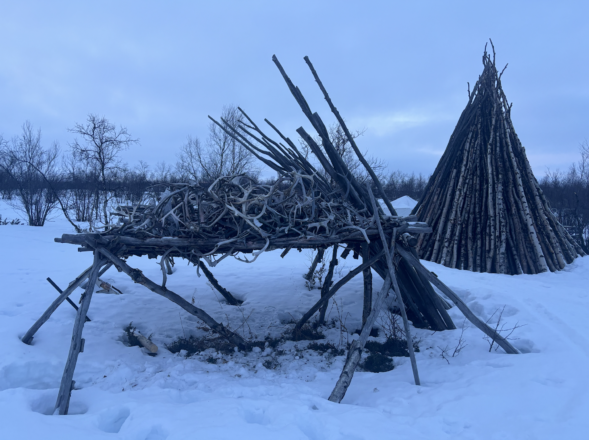Volume 9 Launch: Exploring Indigenous Leadership Through Research and Reflection
In recognition of Truth and Reconciliation Day (TRC Day) on September 30th, we are proud to announce the release of Volume 9 of the Knowledge Makers Journal. This edition showcases a powerful collection of essays, research, and reflections written by Indigenous students from across disciplines at Thompson Rivers University. Each piece offers a unique perspective on the intersections of Indigenous knowledge, contemporary issues, and personal experiences, contributing to ongoing dialogues of decolonization and reconciliation.
Volume 9 explores Indigenous ownership of businesses, the well-being of lands and climates, navigating the legacies of institutional harms, and more. This year’s edition continues to challenge conventional perspectives and amplify Indigenous voices, offering insights into how Indigenous students are leading change in their communities and beyond.
To give you a preview of what’s inside, we are highlighting two featured articles that exemplify the depth and relevance of this year’s journal. These pieces provide critical perspectives on issues that impact Indigenous peoples in Canada today, from environmental justice to systemic racism in education.
The Environmental Impact of the Railway within Lytton First Nations
By Jewel Phillips, Lytton First Nation
Political Science & Philosophy, Thompson Rivers University
In this article, Jewel Phillips investigates the long-term environmental and socio-cultural impacts of railway infrastructure on the Lytton First Nations. Phillips weaves together historical data, personal accounts, and environmental science to illustrate how colonial infrastructure, particularly the railway, has altered the landscape and disrupted Indigenous ways of life. This piece emphasizes the urgent need for restorative measures to address the harm caused by industrial development on Indigenous lands. Phillips’ work is a critical reminder of the enduring consequences of colonization on the natural world and Indigenous communities.
Implicit Racism and How It Affects Indigenous People in Our Current Education System in Canada
By Quintin Courtoreille, Cree Nation
Bachelor of Fine Arts, Thompson Rivers University
Quintin Courtoreille’s article provides a sharp and poignant analysis of implicit racism within Canada’s education system. Drawing from personal experiences and research, Courtoreille exposes the subtle yet pervasive biases that Indigenous students, staff, and faculty face in both TRU academic environments. The article looks into how these prejudices contribute to systemic inequalities, affecting not only educational outcomes but also the mental and emotional well-being of Indigenous TRU community members. Courtoreille advocates for institutional reforms and the inclusion of Indigenous perspectives on campus, institutional policy reform, and anti-racism training to foster a more inclusive and supportive educational institution for future generations.
Looking Ahead
The full Volume 9 will be available as a PDF on our website and this blog post on September 30th. This year’s journal offers a wealth of knowledge and perspectives on issues central to Indigenous sovereignty, climate action, health and childcare, institutional accountability, and identity reclamation. We invite everyone to explore the contributions of our talented student authors and engage with the important conversations their work sparks.
Mark your calendars for September 30th, and join us in celebrating the voices of Indigenous students who are shaping the future through their words and research!





